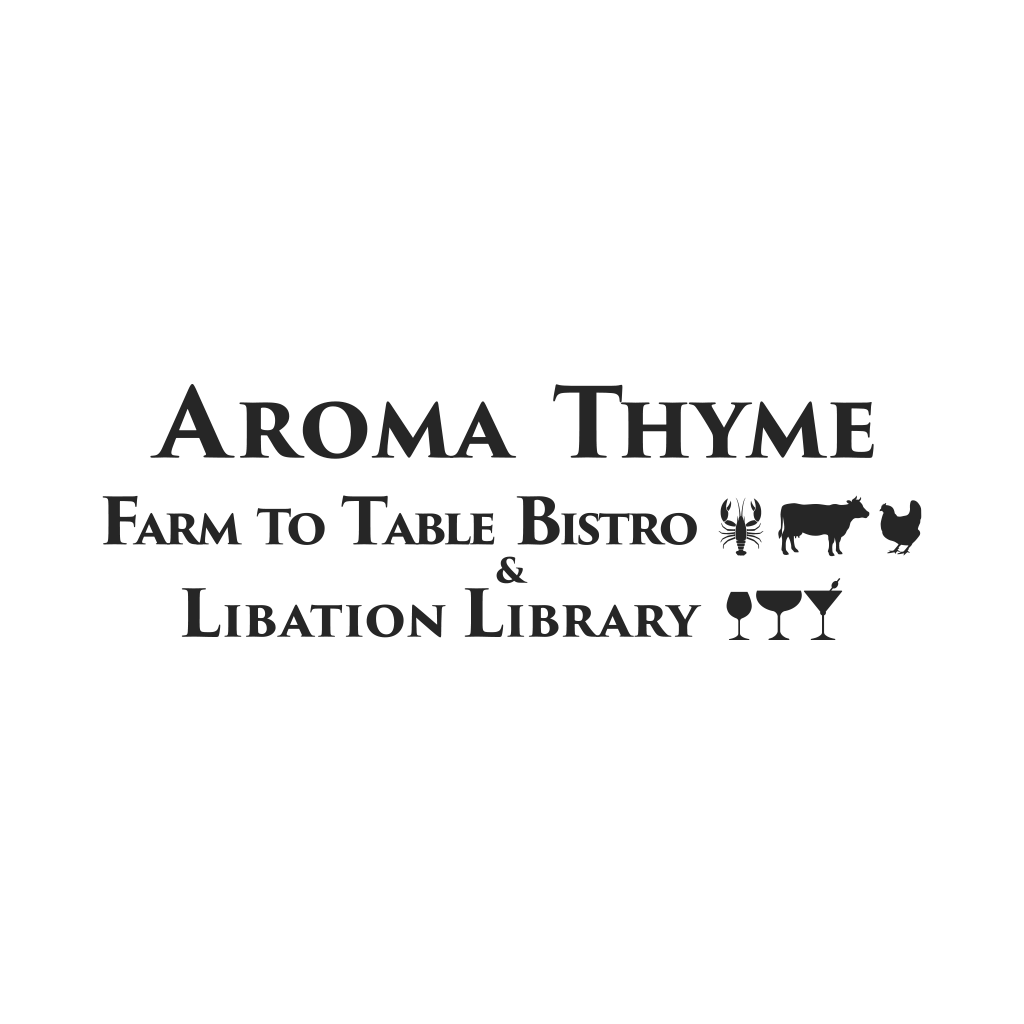Are Seed oils bad for you? Why I Banned Them from My Kitchen
My health revolution began in my late 20s. As a chef, I saw trucks unload processed foods full of cheap oils and additives. This food filled stomachs but broke down bodies. Many people wonder if seed oils are bad for you. The industry used low-quality ingredients to expand margins. I knew this wasn’t the food I wanted to serve. The turning point was when a guest asked if our beef was hormone-free. As the executive chef, I had no answer. That punch to the gut made me take full responsibility for every ingredient.
I was on lifelong medications for asthma and high cholesterol. I refused that fate and learned food is medicine. I adopted a whole-foods lifestyle and reversed my sickness, stunning my doctors. That crisis sparked my mission. We committed to “real food” and transparency. This article explains why.
What Are the “Hateful Eight” Seed Oils?
You may have heard of the “hateful eight” seed oils, including canola, corn, and soybean oil. They are in fried foods, restaurant fryers, and packaged snacks. They became the food industry’s default cooking oil as a cheap alternative. They go through a tough industrial process with strong heat, bleaching, and chemical solvents like hexane. This harsh refining strips away good compounds, leaving a nutrient-poor oil. When you see how they’re made, it’s clear why people ask, are seed oils bad for you?
As a chef, this process is an insult to cooking. My job is to enhance ingredients, not strip them. I build my menu on relationships with small producers. But there is no one behind these oils. It is a faceless product with no story or soul. It’s a cheap filler, not a real ingredient, representing profit over quality.
The Core Problem: Seed Oils and Inflammation
Seed oils are extremely high in omega-6 fatty acids, specifically linoleic acid. Our bodies need some omega-6s. But the modern diet has created a serious imbalance. This leads to seed oils and inflammation.
The Science of Imbalance
Ideally, we should eat a 2:1 or 1:1 omega-6 to omega-3 ratio. Instead, most Americans are at a 10:1 or even 20:1 ratio. This severe imbalance contributes to chronic, low-grade inflammation. This is the same inflammation linked to arthritis, diabetes, and heart disease. Over time, this constant inflammation acts like a slow burn inside the body.
A Restaurant Insider’s Secret: Why Chefs Won’t Ditch Seed Oils
Most restaurants will never ditch seed oils, and it has nothing to do with flavor. It comes down to one factor: cash. A four-gallon tub of cheap canola oil costs my restaurant about $35. That same size of the good stuff—the avocado oil vs canola oil debate ends here—costs $180. This massive price gap is a key reason most restaurants ignore the question. They don’t ask if are seed oils bad for you.
You can blame the system, or you can take full ownership of every ingredient. Rejecting seed oils requires dedication. You must build the higher cost of quality ingredients into your business model. It’s a choice to focus on integrity over profit. This is the promise we’ve kept at Aroma Thyme for over two decades.
Our Investment in Your Health: The Oils We Use at Aroma Thyme
Saying no to seed oils isn’t a trend for me—it’s the foundation of my mission. I made this promise to myself after reversing my own health issues. I make it to every guest who walks through our doors. Our philosophy is simple: use the right tool for the job. We never compromise on quality. Our kitchen is built on three core fats, each chosen for its health benefits and cooking purpose.
- Avocado Oil: This is our workhorse for all high-heat cooking. Its high smoke point is perfect for a beautiful sear. We use it for sautéing, roasting, and grilling.
- Extra-Virgin Olive Oil: This is our finishing oil, full of flavor. We use it to dress salads and drizzle over finished plates. It’s packed with delicate antioxidants destroyed by strong heat. That is why we treat it with respect. (I’ll do a separate post on why we never cook with it).
- Coconut Oil: This is our go-to for baking. It’s very stable under heat and provides clean energy from healthy medium-chain triglycerides (MCTs).
The Bottom Line: So, Are Seed Oils Bad for You?
So, what’s the final answer to “are seed oils bad for you?”. They aren’t the root of all evil, but they are a big part of the processed food problem. Cutting them from your diet means you stop eating fast food, fried food, and packaged junk.
At Aroma Thyme, we do not just serve food—we serve wellness on a plate. I am Chef Marcus Guiliano, the Chef on a Mission. And I am here to prove that real food heals.
Continue your wellness journey with Aroma Thyme Bistro.
- Dine with confidence, 100% seed-oil free.
- Taste the difference real ingredients make.
- Support your health, one delicious meal at a time.






